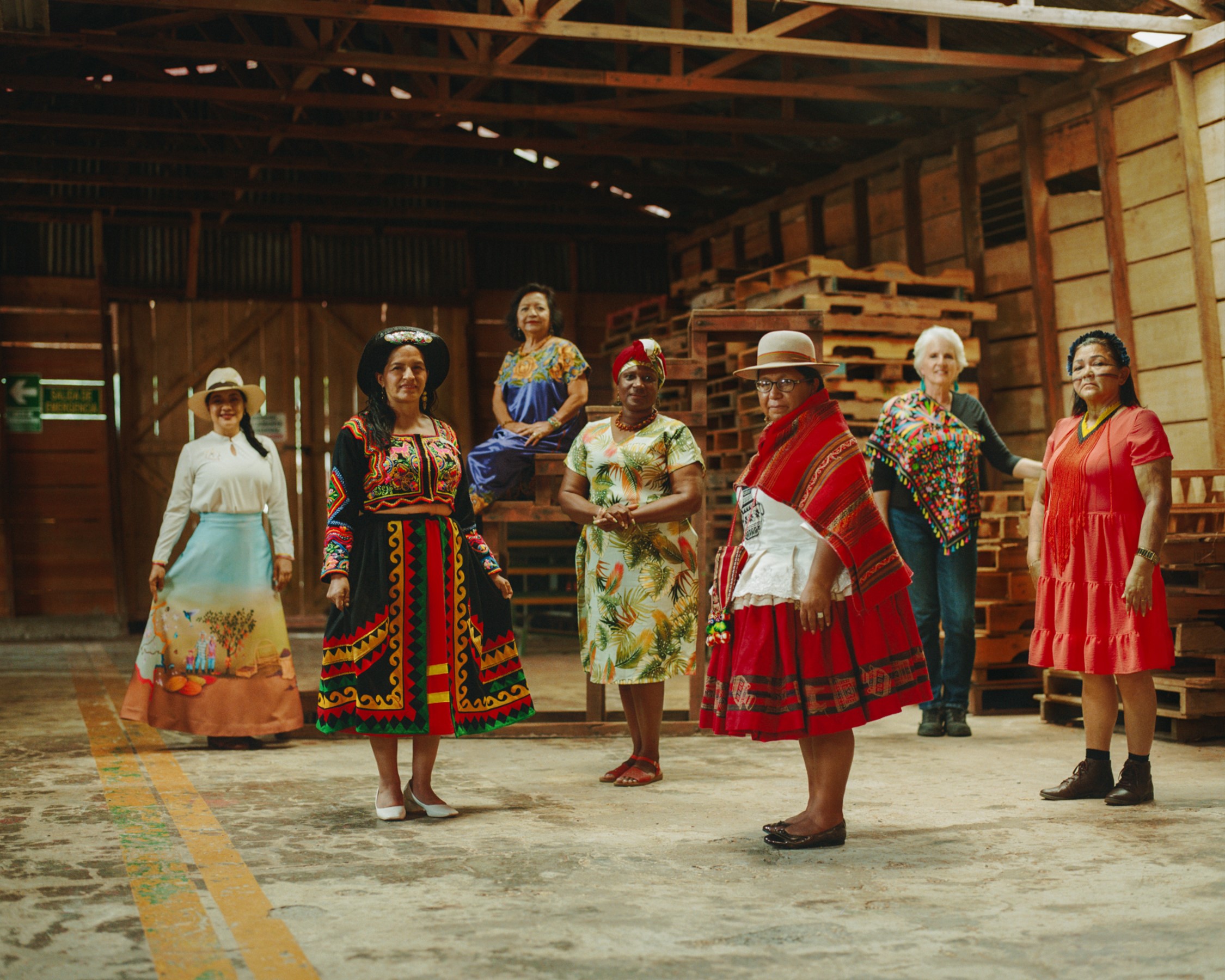Through the dissemination of this research, IICA reaffirms its belief that technology and innovation must be at the heart of technical cooperation efforts. The goal is to generate knowledge for the formulation of public policies that improve living conditions in rural areas.

San José, 15 October 2024 (IICA) – Young people and rural women play a vital and leading role in incorporating digital technologies into family farming, according to a new study by the Inter-American Institute for Cooperation on Agriculture (IICA) in collaboration with its partners Bayer, Microsoft, and GSMA, presented in commemoration of the International Day for Rural Women.
The research highlights both the opportunities and challenges of integrating digital technology into family farming, emphasizing the importance of empowering women and youth, who are key to advancing sustainability and resilience in agri-food systems.
To promote the use and leveraging of information and communication technologies, the document states, it is crucial to focus on developing the digital skills of new generations and retraining the economically active population to incorporate the benefits of digitalization into production and improve quality of life in rural areas.
The study, titled “Breaking down barriers, narrowing gaps. The key role of women and youth in digital technology adoption in rural areas of Latin America and the Caribbean,” draws on statistical data from three previous studies conducted by IICA and its partners and presents the findings from 31 in-depth interviews conducted in 14 countries across the region.
Respondents included rural leaders in family farming, cooperative representatives, digital content developers for family farming, experts, academics, agricultural ministry officials, and private sector representatives. They were consulted on the progress and key obstacles to using and leveraging these technologies in their areas of influence.
The views of those interviewed reflect that young people in rural areas have been incorporating these resources significantly, as they are attracted to and adept at managing them. Women, on the other hand, showed greater openness and interest in these resources compared to their male counterparts.
Through the dissemination of this research, IICA reaffirms its belief that technology and innovation must be at the heart of technical cooperation efforts. The goal is to generate knowledge for the formulation of public policies that improve living conditions in rural areas.
The study’s author is Sandra Ziegler, Ph.D. in Social Sciences, Director of the Master’s program in Social Sciences with a focus on Education at FLACSO Argentina, and IICA Specialist in Connectivity and Education.
Gaps Disadvantaging Rural Areas
While connectivity in Latin America and the Caribbean has made significant progress in recent years, there are still 230 million people in the region without access to mobile internet, many of whom likely reside in rural areas where geography and socioeconomic conditions slow down their inclusion.
Although conditions in rural areas have improved, the wide disparities with urban areas remain unchanged, and the restrictions are still alarming, the report reveals.
Digital technology use is an irreplaceable tool, opening the door to transforming agricultural practices and living conditions in rural areas, based on sustainable production in the context of climate change, strengthening food security, and promoting social inclusion.
According to a previous study by IICA and its partners, published in December 2022, around 72 million people living in rural areas of Latin American and Caribbean countries lack connectivity that meets minimum quality standards.
In addition to this figure, two other gaps further explain the delay in incorporating new technologies into agriculture: the gaps in technology use and technology leveraging, both of which are linked to the development of digital skills.
The new study recommends that in addition to addressing the access gap, the use and leveraging of new technologies among the rural population must be tackled.
It is also essential to address the issue of digital skills and provide young people studying agriculture with training aligned with the digitalization processes of the industry. These young people are eager and adept at adopting technologies.
Moreover, the study recommends the creation of training programs by increasing local resources for the use of new technologies in digital agriculture, incorporating youth and women who are leaders in their communities.
In this regard, it is crucial to include in countries’ digital agendas policies aimed at funding initiatives for the use of digital technologies in the family farming sector.
The document can be found here:
https://repositorio.iica.int/handle/11324/22978
More information:
Institutional Communication Division.
comunicacion.institucional@iica.int











